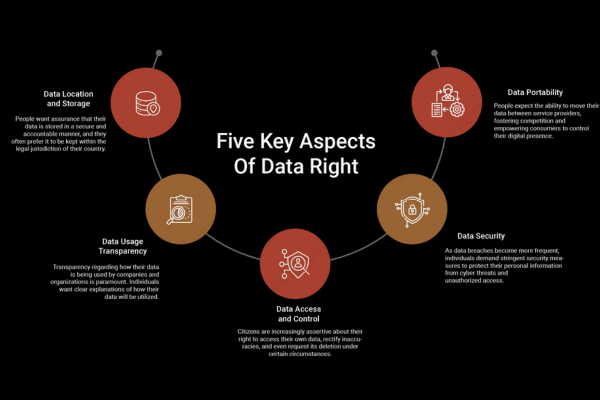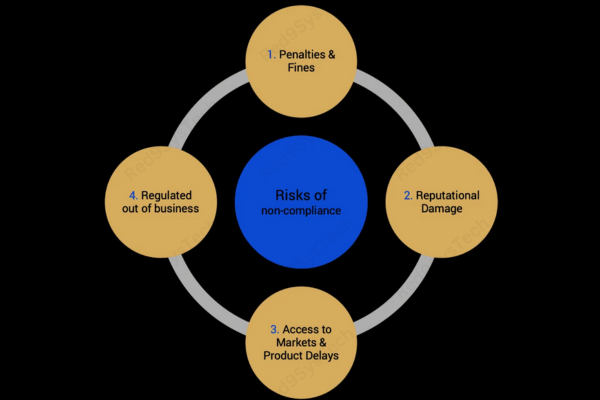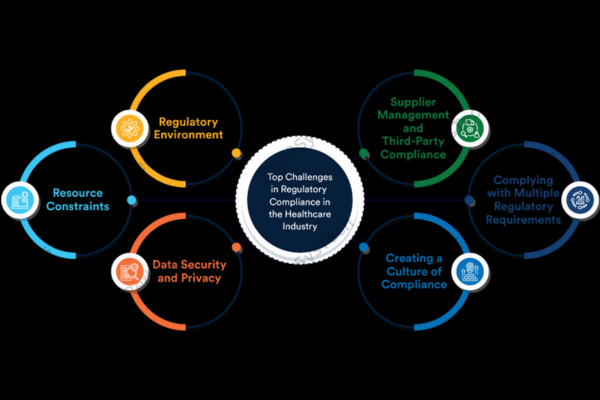Introduction: The New Frontier of Data Privacy
Imagine you’re the captain of a ship navigating through uncharted waters. The sea represents the vast digital landscape of 2025, and the uncharted territories are the evolving data privacy regulations. As with any voyage, understanding the environment is crucial to reaching your destination safely.
In today’s digital age, data is the new gold. Companies collect, process, and store vast amounts of personal information. With this power comes the responsibility to protect that data and comply with a complex web of regulations.

The Evolving Landscape of Data Privacy Regulations
In 2025, data privacy laws are more stringent and widespread than ever before. Here’s a snapshot of the current landscape:
United States: Over 20 states have enacted comprehensive data privacy laws, each with its own set of requirements. This patchwork of regulations includes opt-in and opt-out consent models, data protection assessments, and specific provisions for sensitive data. Reuters
Europe: The General Data Protection Regulation (GDPR) remains a cornerstone of data privacy, but recent discussions suggest a need to streamline its bureaucratic processes to better support businesses while maintaining robust privacy protections. The Irish Sun
Asia and Middle East: Countries in these regions are rapidly developing and updating their data protection laws, emphasizing the global shift towards stricter data privacy standards.
Why It Matters: The Risks of Non-Compliance
Failure to comply with data privacy regulations can have severe consequences:
Financial Penalties: In 2025, Google agreed to a $1.375 billion settlement with Texas over allegations of violating consumer data privacy laws. IAPP+3Reuters+3The Times of India+3
Reputational Damage: Data breaches and non-compliance can erode customer trust, leading to loss of business and negative publicity.
Operational Disruptions: Non-compliance can result in legal challenges and the need to overhaul data handling processes, disrupting business operations.

Key Components of Data Privacy Compliance
To navigate the complex regulatory environment, businesses should focus on the following areas:
1. Data Mapping and Inventory
Understand what personal data you collect, where it’s stored, how it’s used, and who has access to it. This foundational step is critical for compliance with any data privacy law.
2. Consent Management
Implement mechanisms to obtain and manage user consent for data collection and processing, especially for sensitive information. Ensure that users can easily withdraw consent.
3. Data Protection Assessments
Conduct regular assessments to identify and mitigate risks associated with data processing activities. Some regulations require documented assessments before initiating certain processing operations. IAPP
4. Third-Party Management
Ensure that vendors and partners handling personal data comply with relevant privacy laws. Establish clear data processing agreements and conduct due diligence.
5. Incident Response Planning
Develop and maintain a robust incident response plan to address data breaches promptly and effectively, minimizing potential harm and regulatory penalties.
Best Practices for Staying Compliant
Stay Informed: Regularly monitor changes in data privacy laws and adjust your compliance strategies accordingly.
Employee Training: Educate employees about data privacy principles and their role in maintaining compliance.
Privacy by Design: Integrate data privacy considerations into the development of new products, services, and business processes.
Leverage Technology: Utilize tools and platforms that assist in data mapping, consent management, and compliance monitoring.
Explore more blogs.

Conclusion: Embracing Data Privacy as a Competitive Advantage
In 2025, data privacy is not just a legal obligation but a competitive differentiator. Businesses that prioritize data protection and compliance can build trust with customers, avoid costly penalties, and position themselves as leaders in the digital economy.
Remember, navigating the complex seas of data privacy requires vigilance, adaptability, and a commitment to safeguarding personal information. By embracing these principles, your organization can chart a course towards success in the evolving digital landscape.
Explore more blogs.




